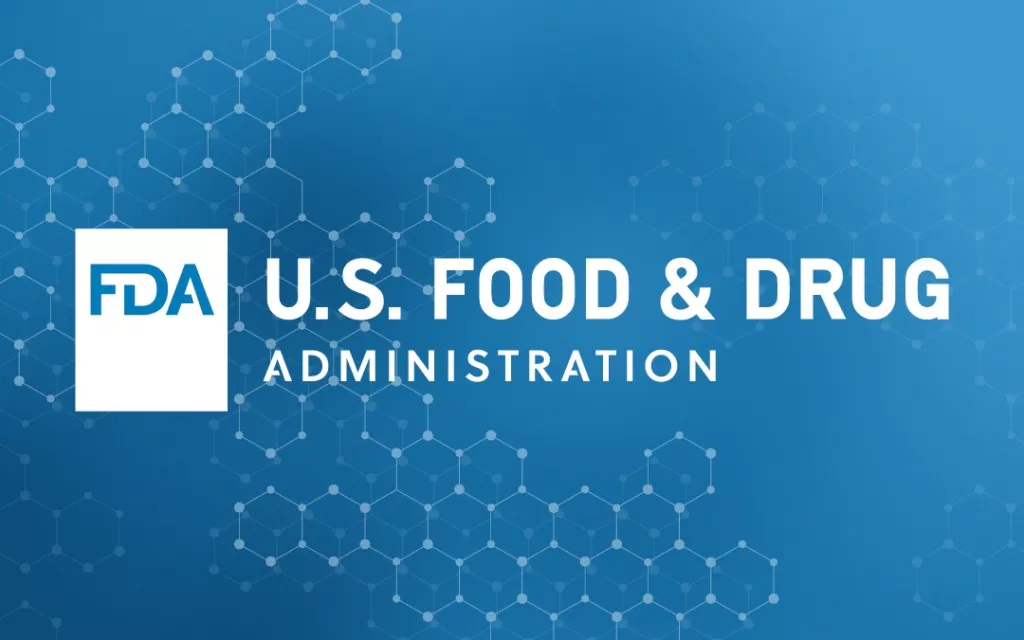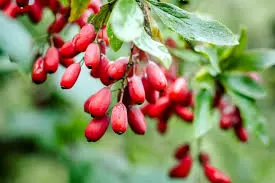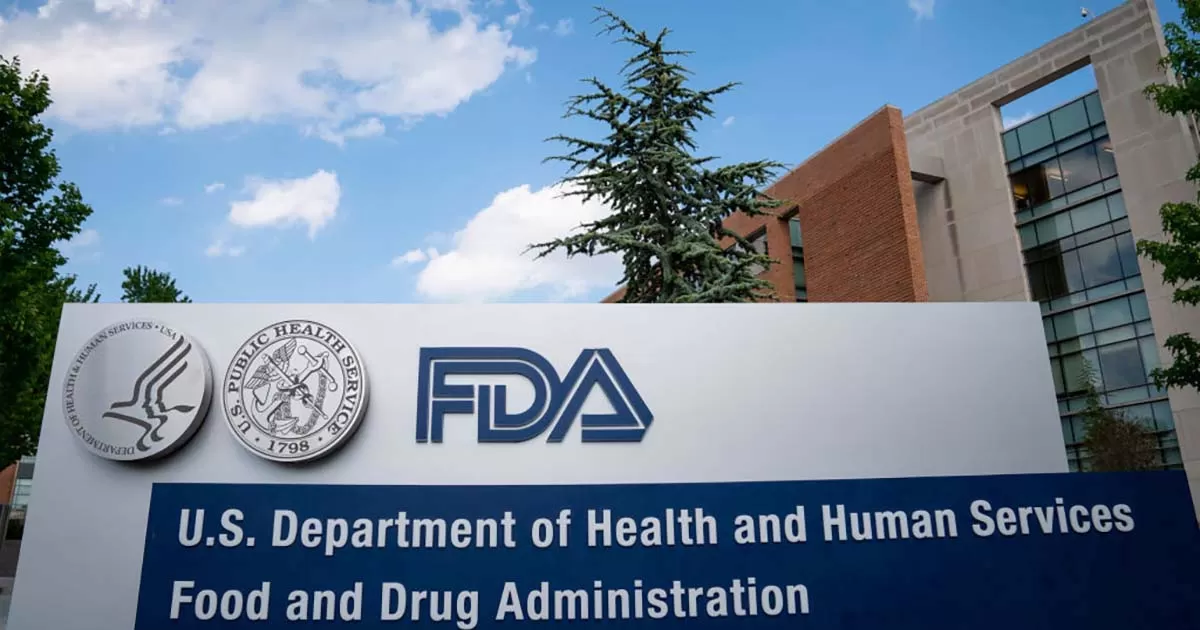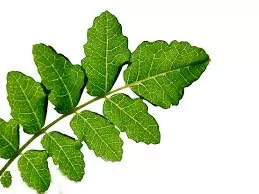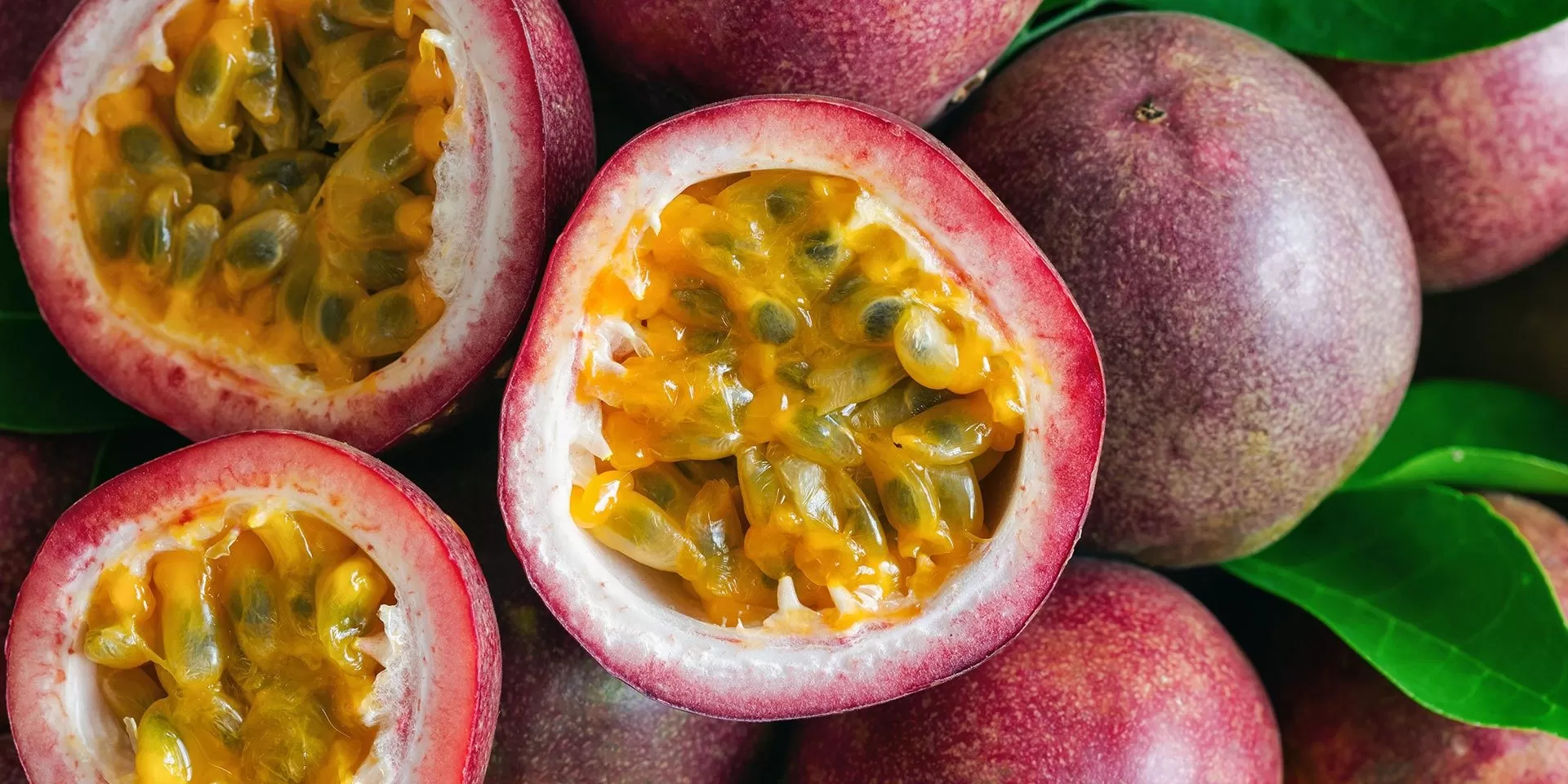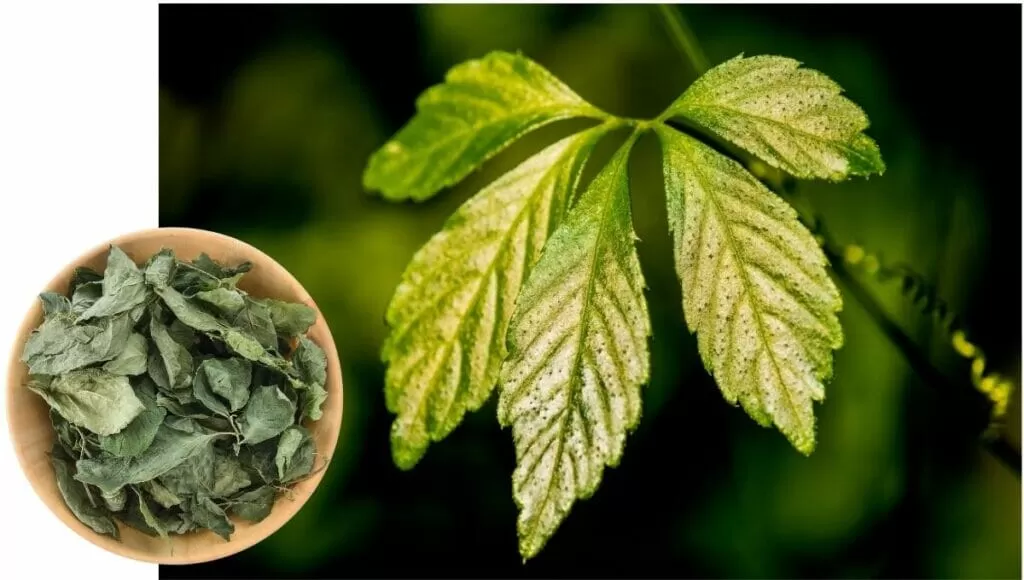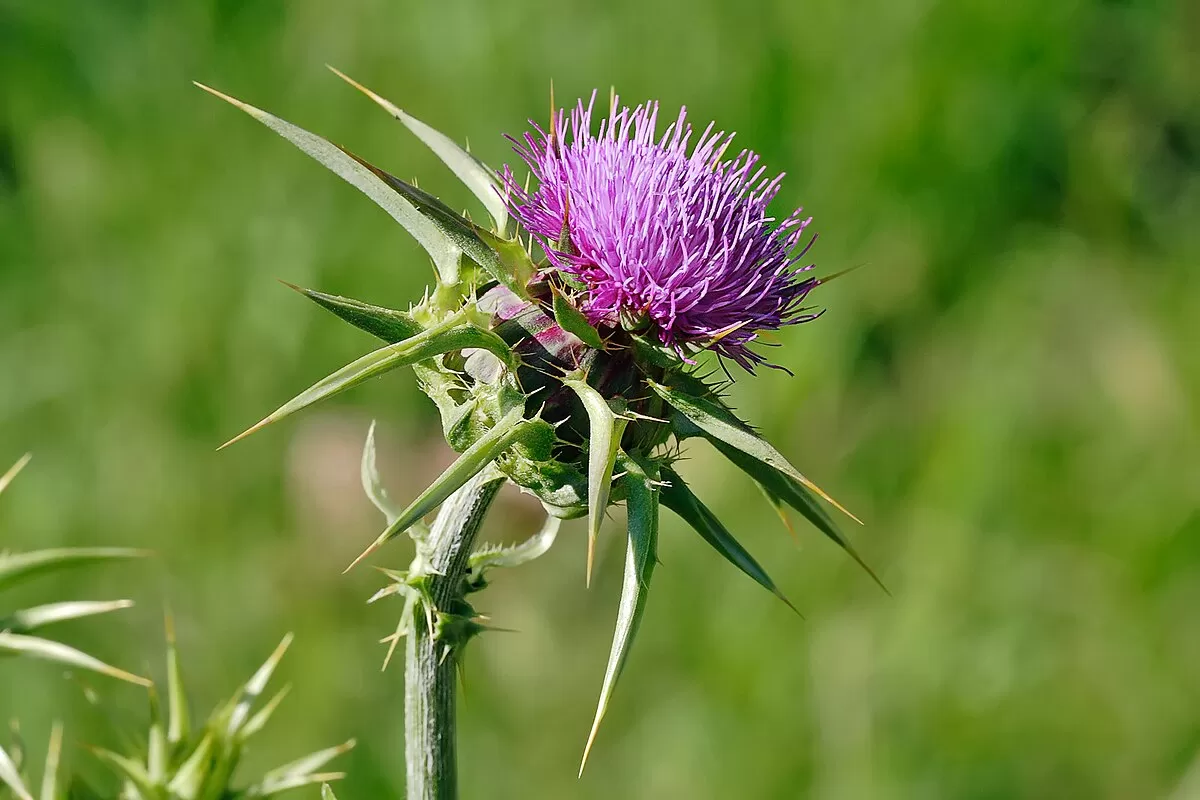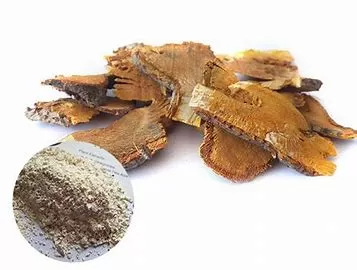- 0086-571-85302990
- sales@greenskybio.com
Tariff Turmoil: U.S. Botanical Supply Chain Faces Uncertain Future Amid Trade Tensions
2025-04-23
In the wake of newly imposed tariffs, companies relying on botanical ingredients from China are grappling with intensified financial pressures and strategic uncertainty. The U.S. government's announcement of sweeping tariffs on April 2, targeting imports critical to the dietary supplement industry from countries like China, Taiwan, India, South Korea, and the EU, has sent shockwaves across the sector.
Initially, the administration delayed additional tariff increases for 90 days engaging in negotiations with specific countries. However, imports remain subject to a 10% tariff rate, a move Robert Marriott, Director of Regulatory Affairs at the American Herbal Products Association (AHPA), describes as "extreme" and "unprecedented."
The announcement on April 2 brought a brief respite as hundreds of products, including some dietary ingredients, were excluded from the Harmonized Tariff Schedule. Ingredients like "alphabet vitamins" (vitamins A, B, and C) and amino acids saw relief, but key categories such as fish oil, botanicals, and fungi are notably absent from exemptions.
Daniel Fabricant, President, and CEO of the Natural Products Association (NPA), highlighted the significance of Annex II, which covers essential and widely used ingredients. However, botanicals face increased challenges due to lack of tariff relief, explained Marriott. He noted the focus of exemptions on pharmaceutical precursors has left botanical ingredients vulnerable.
The escalating trade tensions, heightened by China's retaliatory tariff hikes to 125% on certain U.S. imports, compound the economic strain. As these tariffs take effect, they underscore the importance of Annex II exemptions and amplify concerns over the cost impact on nonexempt ingredients.
Marriott emphasized China's critical role as a supplier of precursor substances and particular botanicals not viable outside its borders due to cost and potency. Botanical dietary supplements sourced from China, such as those employed in Traditional Chinese Medicine, are impacted most severely, given the lack of alternatives.
Corey Shaw, VP of Jiaherb, shared that approximately 80% of their sourced products originate from China, revealing a modest 4-5% relief attributed to Annex II exemptions. Despite some minor wins, Shaw pointed out the lack of relief for most botanical extracts. Companies like his are substantially passing these increased costs to customers, further complicating market dynamics.
Amid tariff pressures, discussions on shifting production to the U.S. emerge, although many deem it unfeasible. Shaw noted that China's scale, diverse climates, and large agricultural base present advantages other countries cannot easily replicate. Wilson Lau, CEO of Nuherbs, echoed these sentiments, emphasizing geo-authentic crop sourcing as core to their operations while China remains irreplaceable for certain botanicals due to its history and expertise.
Functional mushroom industry leaders, such as Nammex, express reliance on China's specialized infrastructure and historical knowledge. COO Bill Chioffi stated that replicating these capabilities in the U.S. would be costly and time-intensive, potentially diminishing product accessibility and quality.
Facing these challenges, companies are stockpiling inventories in anticipation of further tariff measures, yet logistics, manufacturing, and market stability remain points of concern. Lau reflects on industry sentiment, observing unpredictable trade policy shifts have complicated business operations and planning.
As the industry navigates through turbulent times, Marriott stressed the importance of consistent international trade policies to maintain sector stability. The call for predictability echoes among stakeholders as they strategize amidst ongoing uncertainty and potential price hikes for consumers looming ahead.
-
Passion Fruit: Health Benefits and Enjoy
2025-04-23





